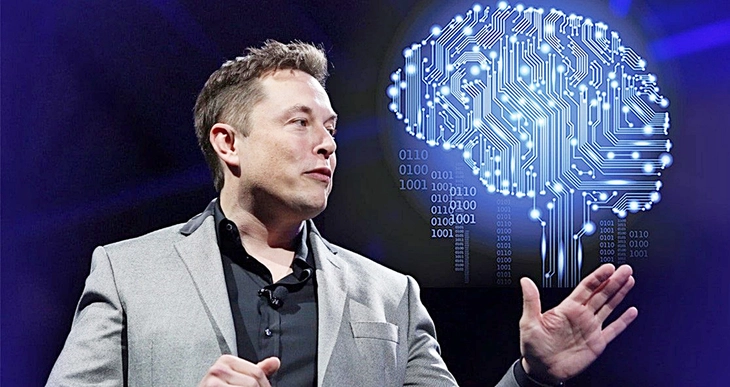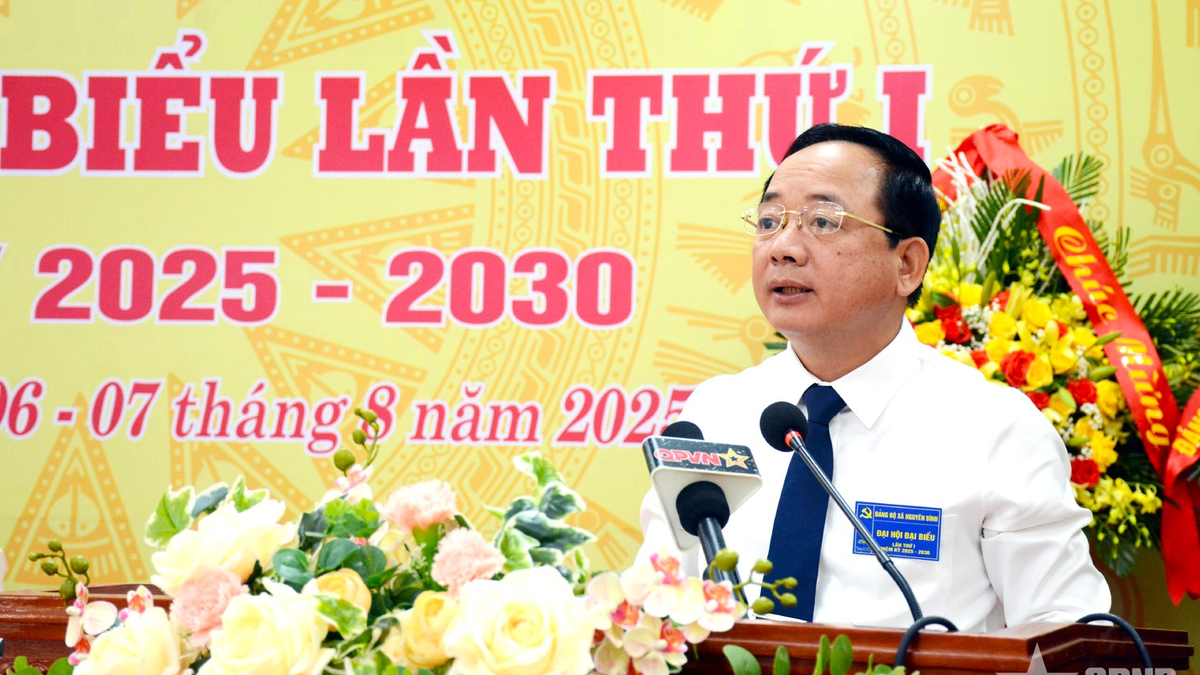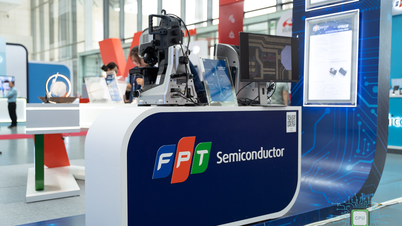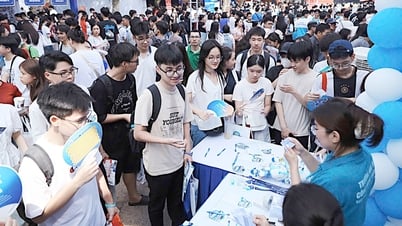
Helping blind people restore their vision is Neuralink's next ambition - Photo: FORTUNE
At the Qatar Economic Forum on May 20, American technology billionaire Elon Musk announced the ambitious plan of the neurotechnology company Neuralink: implanting Blindsight chips into completely blind people by late 2025 or early 2026 in the UAE.
This is an important step after the successful implantation of brain chips in five people, allowing them to control computer mice with their thoughts. This technology promises to bring light to millions of blind people around the world but also raises many questions about feasibility and safety.
Breakthrough technology
According to Tesla’s news platform Teslarati, Blindsight focuses on restoring vision by transmitting images directly to the brain. Neuralink is planning to partner with Cleveland Clinic Abu Dhabi (a leading multi-specialty hospital located on Al Maryah Island, Abu Dhabi, United Arab Emirates) to perform the first human implant.
"Neuralink has successfully tested the Blindsight device on monkeys. The device works very well and the monkeys have been healthy for the past few years," Mr. Musk said when asked about the timing of the blindness cure.
The first clinical trial on humans could take place later this year, allowing a completely blind person to see, according to Mobi Health News. "The images will initially be low resolution, but over time the device will develop to a level that will create vision that is superior to that of a normal person," Musk said.
The new technology also allows people to see infrared, ultraviolet, or even radar wavelengths. In September 2024, Blindsight was recognized by the US Food and Drug Administration as a "breakthrough device."
What makes Blindsight different from current retinal implants is that the chip is implanted directly into the visual cortex instead of being connected to the retinal nerve. The visual cortex is the part of the brain that receives and processes visual information from the retina.
Billionaire Elon Musk said the technology would help people who have lost both eyes and their optic nerves see, as long as the visual cortex is intact.
"Even if a person has absolutely no vision, like someone who is born blind, we still believe that vision can be restored. The visual cortex is still there," Musk said at Neuralink's Show & Tell event in 2022.
Controversy over effectiveness
Technology expert Nigel Pereira said Blindsight is different from current devices because it is implanted directly into the visual cortex, potentially effective even for people who are born blind.
"Mr. Musk will create the best cortical implant that current technology can achieve. It cannot produce vision like normal vision, but it is enough to change the lives of blind people," said neuroscientist Ione Fine at the University of Washington.
But some experts have expressed skepticism about Musk’s claims. “I’m concerned because they’ve described the device so poorly,” said Gislin Dagnelie, a vision scientist at Johns Hopkins University. “There’s no clear evaluation or preclinical studies published. It’s all based on the statement: Trust us, we’re Neuralink.”
Philip Troyk, a biomedical engineer at the Illinois Institute of Technology, said that restoring full natural vision is still beyond the capabilities of modern technology. Musk’s statements suggest that infrared vision may be possible because one of his patients had tested similar technology with 400 electrodes implanted in the visual cortex.
The Blindsight chip may have more than 1,000 electrodes, but engineer Troyk warns that the hype could mislead clinical trial participants and overshadow small but meaningful advances in the field of artificial vision.
Weigh the pros and cons
Dr Ethan Waisberg, an ophthalmologist at the University of Cambridge, warned that access to brain implant technology could be limited by cost and availability, exacerbating inequalities in the healthcare system. In addition, direct intervention into the brain could pose ethical risks as well as the risk of leaking private data about an individual’s neurological and visual activity.
Source: https://tuoitre.vn/cong-nghe-cua-elon-musk-co-the-giup-xoa-mu-20250523060113712.htm




























![[Photo] Nghe An: Provincial Road 543D seriously eroded due to floods](https://vphoto.vietnam.vn/thumb/1200x675/vietnam/resource/IMAGE/2025/8/5/5759d3837c26428799f6d929fa274493)


![[Photo] Discover the "wonder" under the sea of Gia Lai](https://vphoto.vietnam.vn/thumb/1200x675/vietnam/resource/IMAGE/2025/8/6/befd4a58bb1245419e86ebe353525f97)
































































Comment (0)